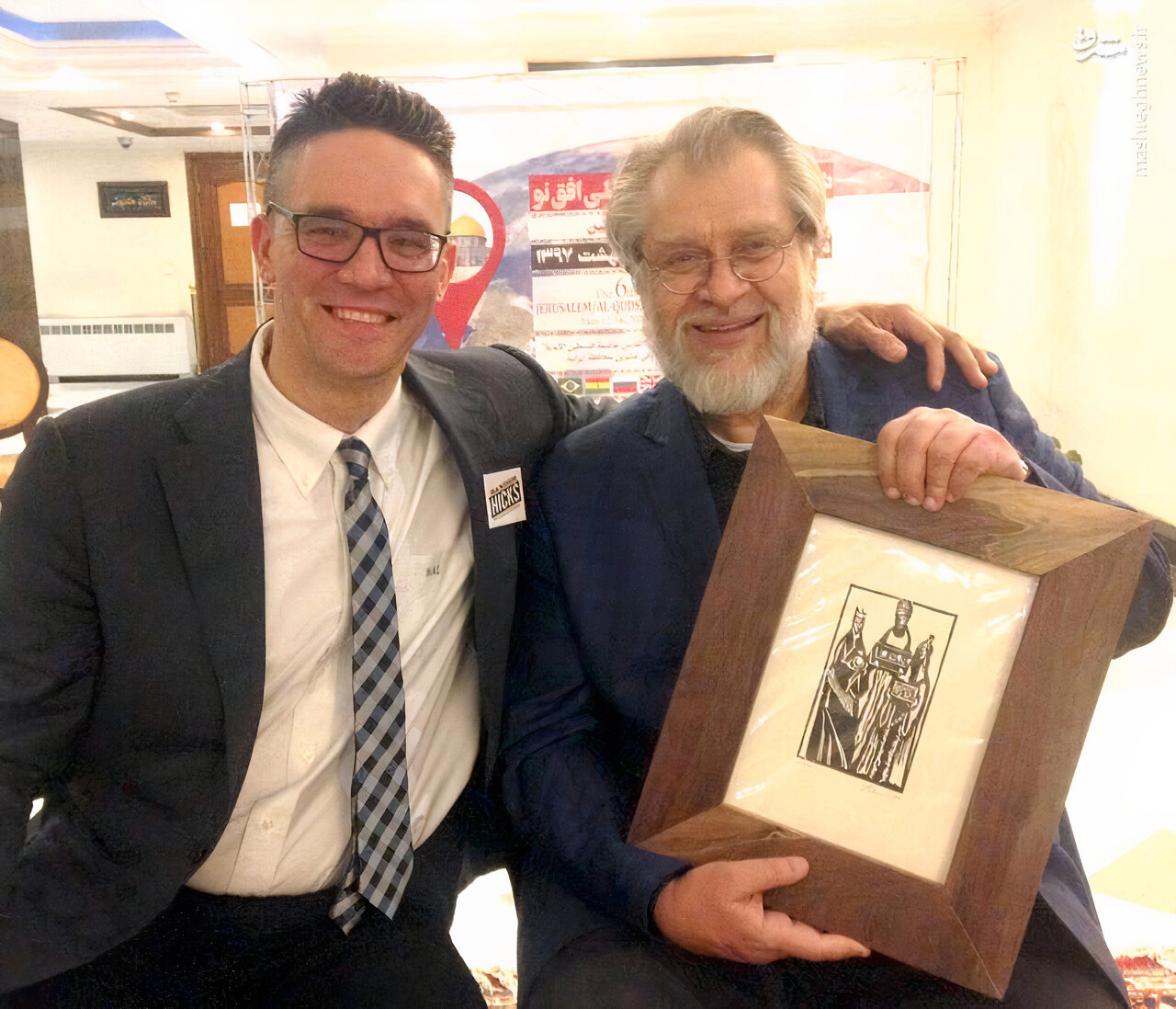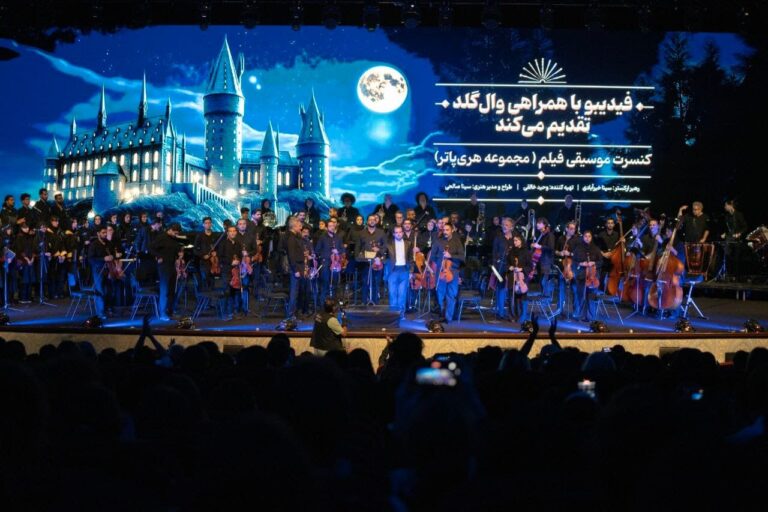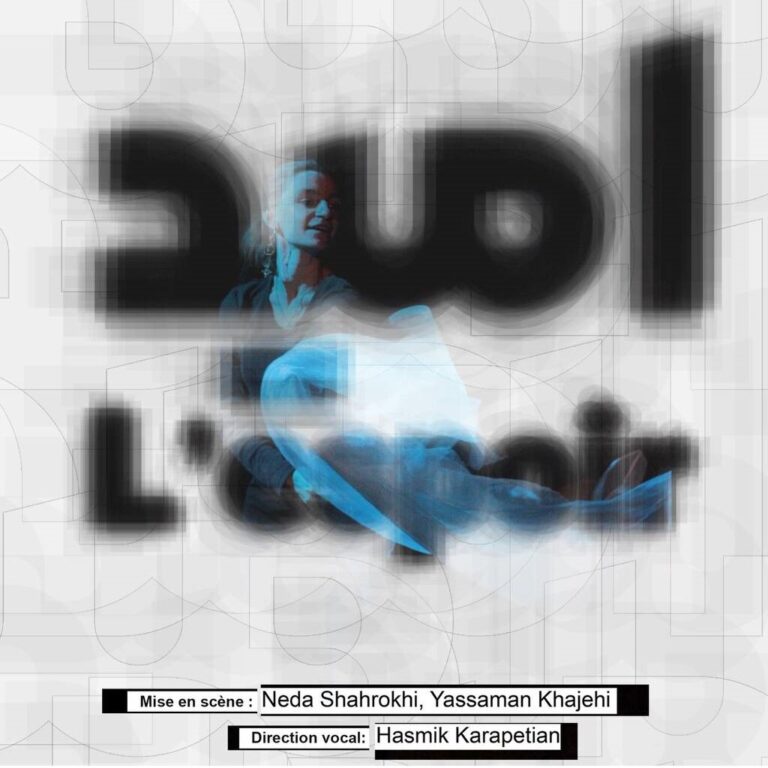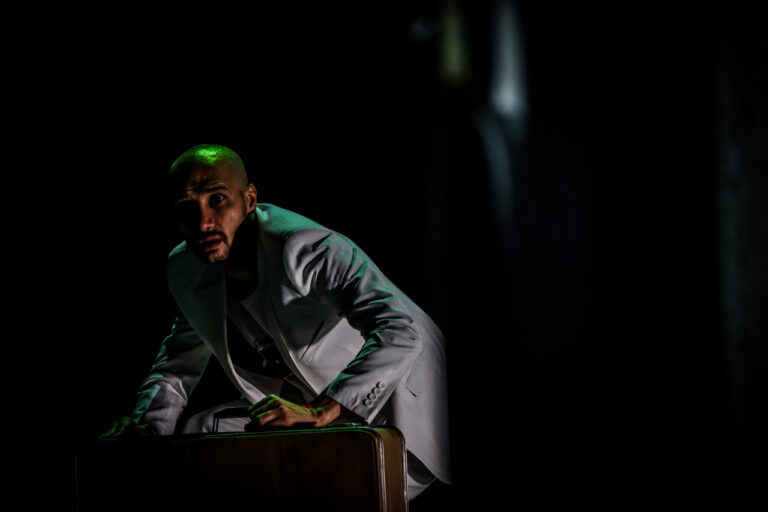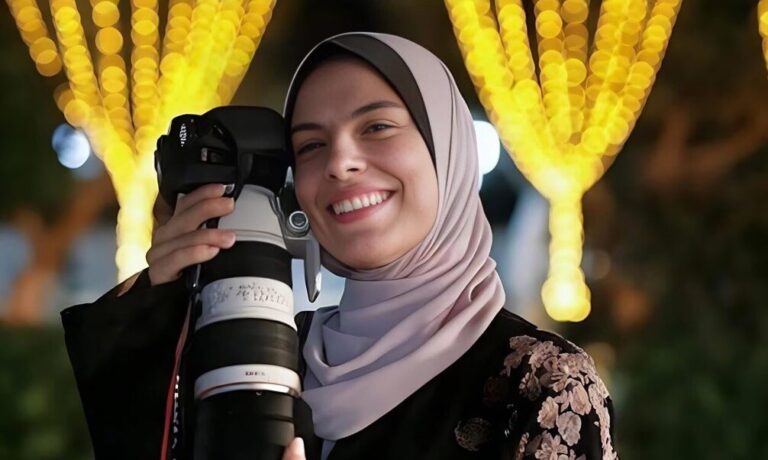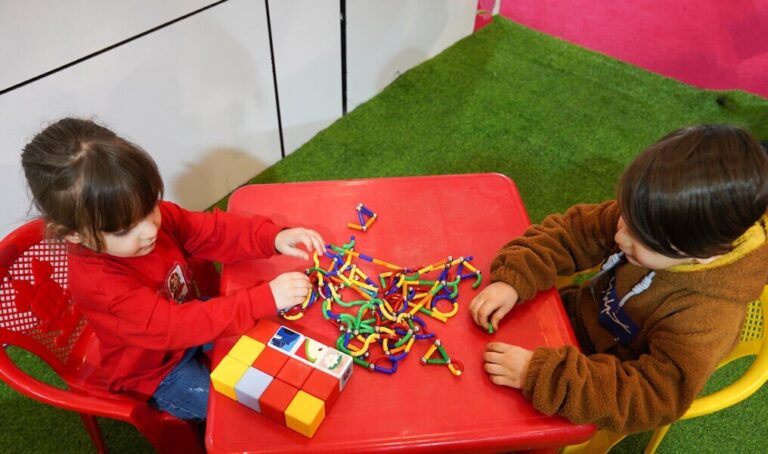Exploring New Horizons: Nader Talebzadeh’s Vision for the Future
Nader Talebzadeh, a notable figure in Iranian media and film, was a passionate advocate for peace and dialogue. His contributions to the Iranian Revolution of 1979 and his role in fostering international discussions through his conference, “New Horizon,” have left a lasting impact on the discourse surrounding US-Iran relations.
Talebzadeh was not only a filmmaker who captured the essence of war but also a host of intense debates on Iranian television. His unique perspective on leaders like Ayatollah Khomeini highlighted his belief in non-violent resistance, contrasting deeply with the violent struggles often depicted in history. He described Khomeini as akin to Gandhi, advocating for a peaceful end to the Shah’s regime.
- Active Participation in the Iranian Revolution: Talebzadeh was deeply involved in the 1979 Iranian Revolution.
- New Horizon Conference: This annual event brought together international thinkers and dissidents to discuss pressing global issues.
- Advocate for Peace: His work aimed at fostering dialogue and understanding between conflicting nations.
“New Horizon” was not just a conference; it was a platform for change. It invited international participants, including Americans, to engage in meaningful dialogue about Middle Eastern politics and the struggles faced by nations like Palestine. My personal experiences at the conferences in Tehran in 2017 and Mashhad in 2018 opened my eyes to the genuine desire of the Iranian people to assist their neighbors in need.
However, not everyone appreciated Talebzadeh’s approach. In 2019, following the rise of tensions during the Trump administration, the US Treasury accused him of hosting events that allegedly served Iranian intelligence operations. Yet, my firsthand experiences at the conferences contradict these claims. I never witnessed any unethical behavior or anti-Semitic sentiment. In fact, Talebzadeh vehemently denied these allegations, stating, “We never had Holocaust deniers… We are not anti-Semites…” His commitment to inclusivity was evident, as Jewish thinkers were often present at these gatherings.
The overarching goal of the New Horizon conferences was to promote peace and understanding. Many attendees, including veterans of the Pentagon and CIA, shared a common mission: to bridge the gap between the US and Iran. The complicated history between the two nations, marked by events such as the 1979 hostage crisis, often obscures the potential for reconciliation. The US Embassy in Iran had long been viewed as a bastion of American power, associated with the oppressive regime of Shah Pahlavi.
Key Historical Context:
- The US Embassy was a symbol of American espionage and influence in Iran.
- The 1953 coup against Prime Minister Mossadegh remains a sore point in US-Iran relations.
- Efforts for peace, such as the Iran Nuclear Deal, have been undermined by political shifts.
Talebzadeh’s passion for dialogue was evident in his belief that the US needed to acknowledge its past mistakes and seek a path toward mutual understanding. His view mirrors a growing sentiment that the US must take responsibility for its actions, particularly regarding its foreign policy in the Middle East.
During the Trump administration, the narrative surrounding Talebzadeh shifted dramatically. His conferences were framed as threats, and the administration’s “Maximum Pressure” campaign against Iran intensified. This culminated in the withdrawal from the Iran Nuclear Deal and the assassination of Iranian General Qassem Soleimani, which escalated tensions to unprecedented levels.
“The Trump administration sent the FBI into our homes, to intimidate all US citizens from attending the 2019 New Horizon conference in Beirut,” I recalled. The atmosphere was charged with suspicion, yet the drive for dialogue remained strong among attendees. The opportunity to converse with former CIA insiders and discuss global power dynamics was invaluable.
As we look toward 2025, the new Trump administration appears to be reaffirming its stringent sanctions on Iran. However, there is a growing belief that a new direction may be on the horizon. The need for a renewed nuclear deal with Iran is evident, and perhaps the solution lies in dismantling weapons of mass destruction instead of perpetuating cycles of violence.
Nader Talebzadeh’s legacy continues to inspire those who seek peace and understanding in a fractured world. His film, “The Messiah,” portrays a message of hope and dialogue, reminiscent of the approach Jesus Christ advocated—one of peace and reconciliation.
Today, as I drive through the breathtaking landscapes of the Blue Ridge Mountains with my son, I am reminded of Talebzadeh’s spirit. His vision of a new horizon, untainted by conflict and filled with potential, lives on in the hearts of those who strive for peace.
In my personal space for prayer and reflection, the vibrant colors of my Islamic prayer rug evoke memories of my transformative experiences in Iran. I owe much of this journey to Nader Talebzadeh, whose commitment to fostering dialogue and understanding has paved the way for many to see a broader, more compassionate world.
Sander Hicks is a progressive activist and writer, associated with the Democratic Socialists of America and serving as a County Committee Member in the Brooklyn Democratic Party. He was a friend of the late Nader Talebzadeh.
